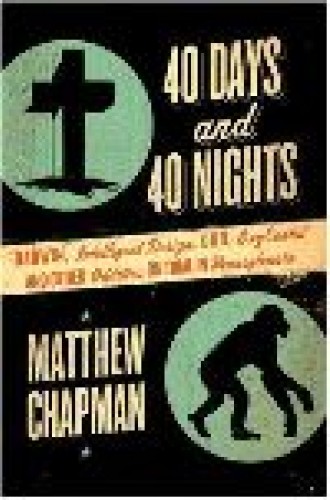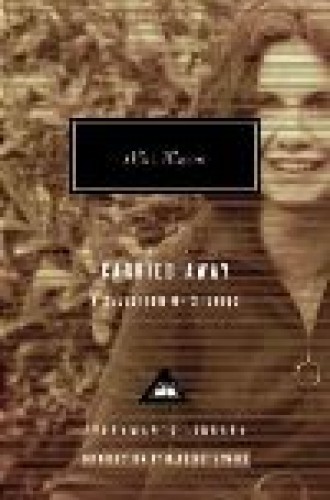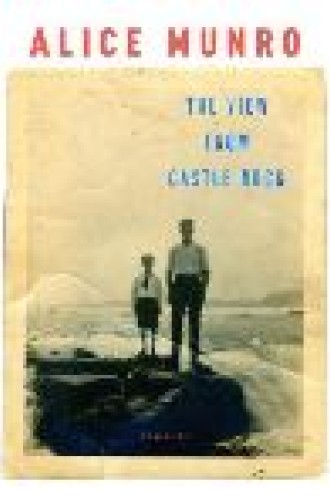BookMarks
Charles Darwin’s great-great-grandson and a successful Hollywood screenwriter describes the 2005 “intelligent design” trial in Dover, Pennsylvania. The native-born Brit loves his adopted American home, but is terrified at the rise of a belligerent fundamentalism that is contemptuous of such scientific commonplaces as evolution. The 40 days and nights of the trial convinced him that ID should indeed be taught in every science classroom in America: as an exercise in removing the kid gloves with which religion is treated in this country, science teachers should demolish ID before their pupils’ eyes. The strength of the book is its presentation as an old-fashioned courtroom drama, which stays lively even though readers know how the trial will turn out. It bogs down in Chapman’s own forays into theology, which are marked by egregious misstatements about evangelicals in general, and in a side story paralleling the Dover case with the Scopes monkey trial—a clunky addendum.
Munro may not get the credit she deserves as a fiction writer, since her main art is the short story and not the novel. But she certainly is one of the finest fiction writers of our time. Carried Away—a good choice if you want to own just one volume of her short stories—is an anthology of previously published pieces, including “The Beggar Maid” and “Hateship, Friendship, Courtship, Loveship, Marriage.” Fellow Canadian writer Margaret Atwood contributes an introduction to Munro’s work in this collection. The View from Castle Rock contains new stories, some the result of Munro’s having dug into her family’s Scottish roots. She hints also that some of them are more autobiographical than her previous work, but then—as if to throw off her readers—she says that these are, after all, stories. “You could say that such stories pay more attention to the truth of a life than fiction usually does,” she adds. “But not enough to swear on.”






